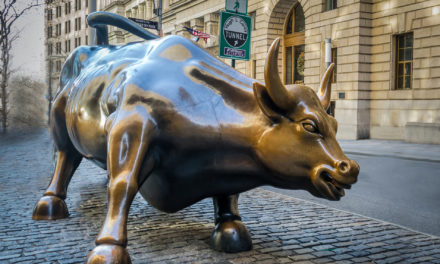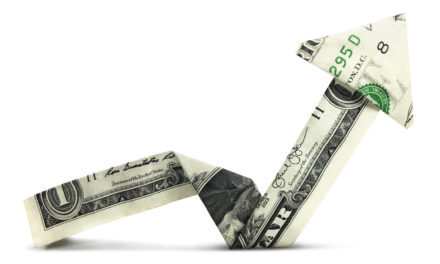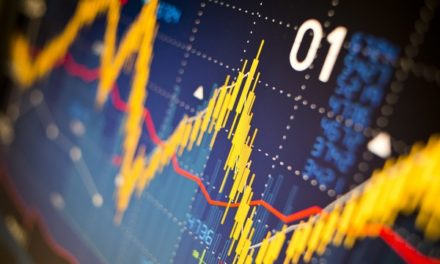
“Someone’s sitting in the shade today because someone planted a tree a long time ago.”
— Warren Buffett
The investment philosophy practiced by Warren Buffett calls for investors to take a long-term horizon when making an investment, such as a twenty year holding period (or even longer), and reconsider making the investment in the first place if unable to envision holding the stock for at least five years. Today, we look at how such a long-term strategy would have done for investors in Emerson Electric Co. (NYSE: EMR) back in 2002, holding through to today.
| Start date: | 11/29/2002 |
|
|||
| End date: | 11/25/2022 | ||||
| Start price/share: | $26.08 | ||||
| End price/share: | $96.12 | ||||
| Starting shares: | 383.44 | ||||
| Ending shares: | 676.42 | ||||
| Dividends reinvested/share: | $30.56 | ||||
| Total return: | 550.17% | ||||
| Average annual return: | 9.81% | ||||
| Starting investment: | $10,000.00 | ||||
| Ending investment: | $65,005.36 | ||||
As shown above, the twenty year investment result worked out well, with an annualized rate of return of 9.81%. This would have turned a $10K investment made 20 years ago into $65,005.36 today (as of 11/25/2022). On a total return basis, that’s a result of 550.17% (something to think about: how might EMR shares perform over the next 20 years?). [These numbers were computed with the Dividend Channel DRIP Returns Calculator.]
Beyond share price change, another component of EMR’s total return these past 20 years has been the payment by Emerson Electric Co. of $30.56/share in dividends to shareholders. Automatic reinvestment of dividends can be a wonderful way to compound returns, and for the above calculations we presume that dividends are reinvested into additional shares of stock. (For the purpose of these calcuations, the closing price on ex-date is used).
Based upon the most recent annualized dividend rate of 2.08/share, we calculate that EMR has a current yield of approximately 2.16%. Another interesting datapoint we can examine is ‘yield on cost’ — in other words, we can express the current annualized dividend of 2.08 against the original $26.08/share purchase price. This works out to a yield on cost of 8.28%.
One more investment quote to leave you with:
“Investing is the intersection of economics and psychology.” — Seth Klarman




